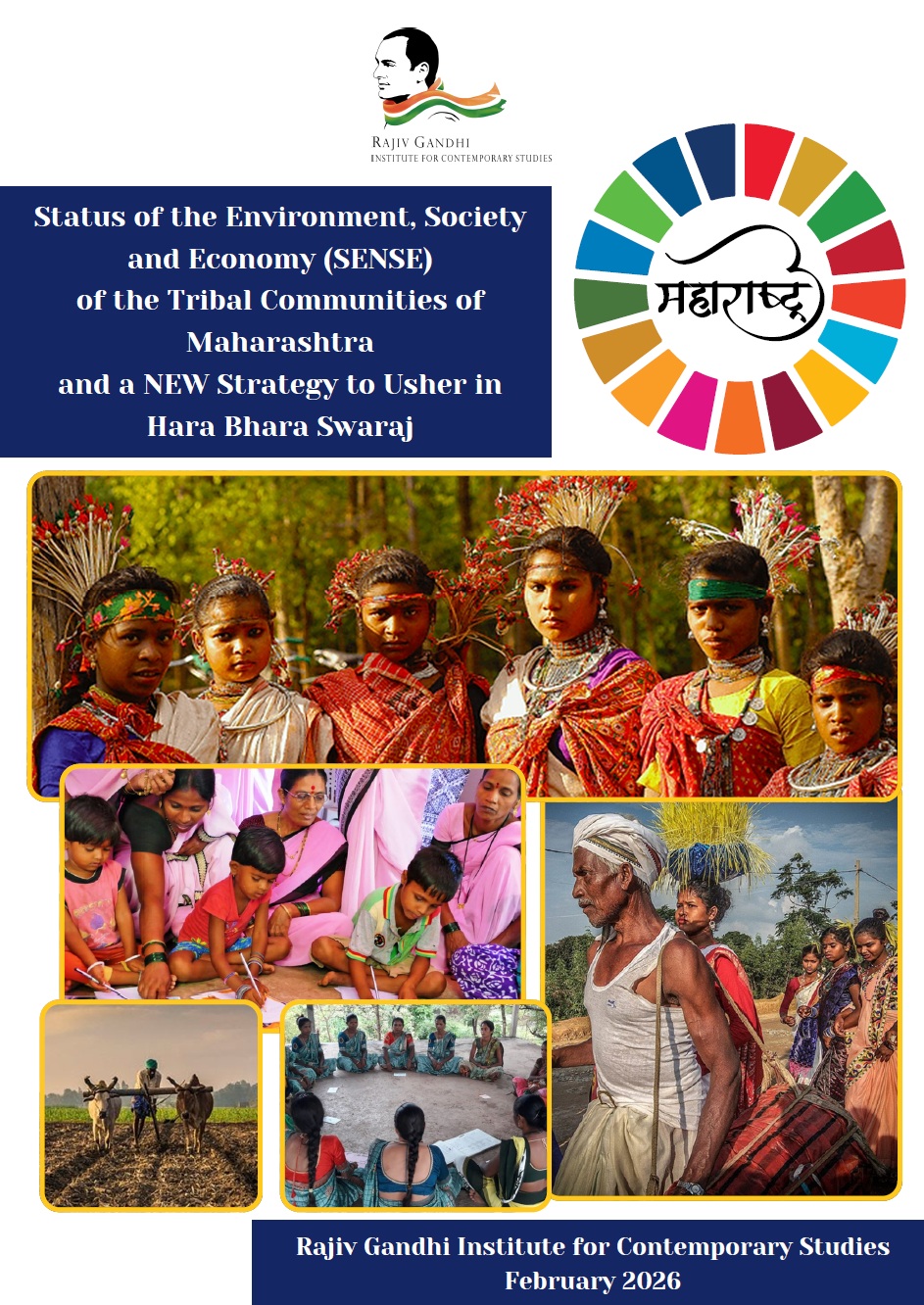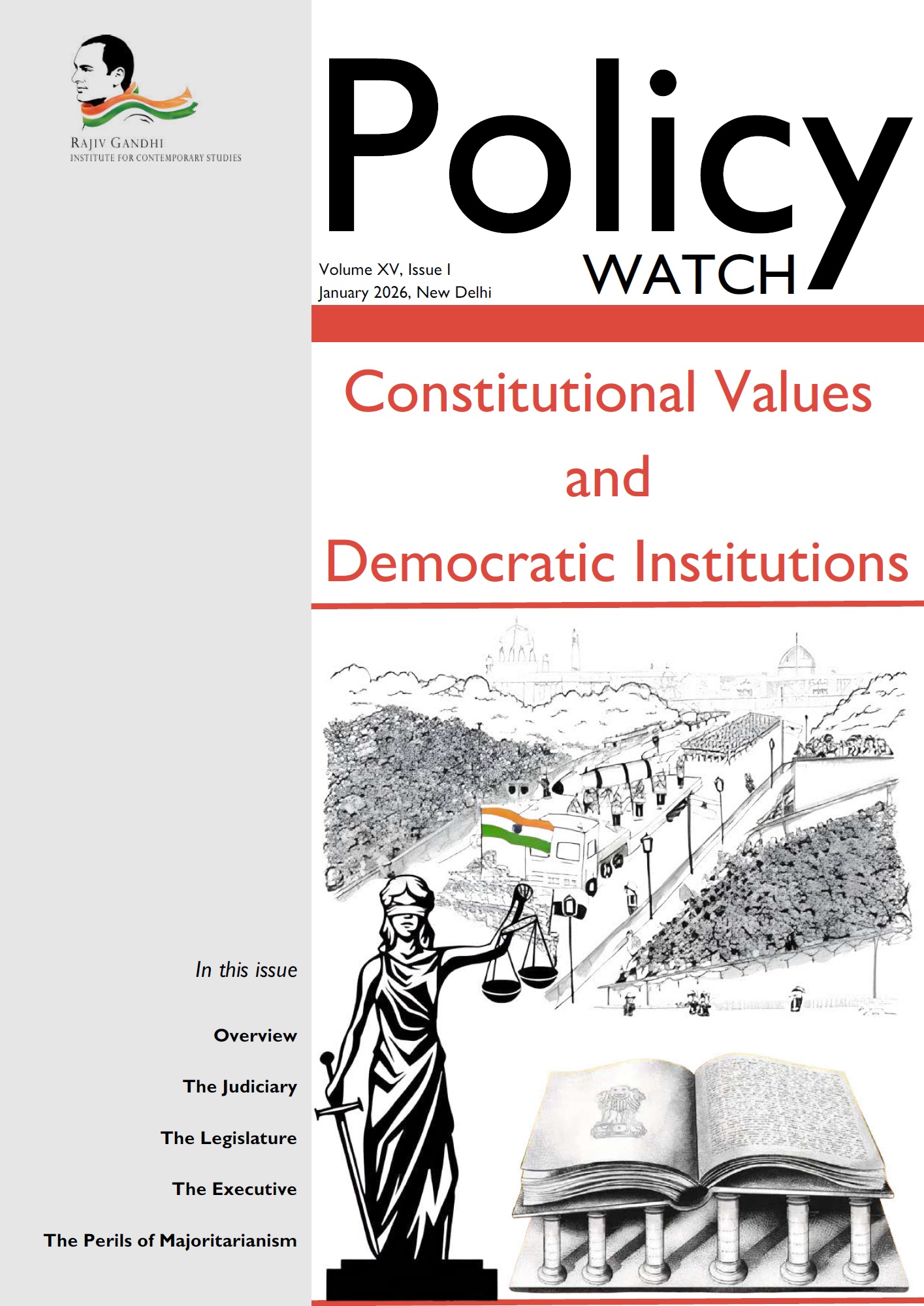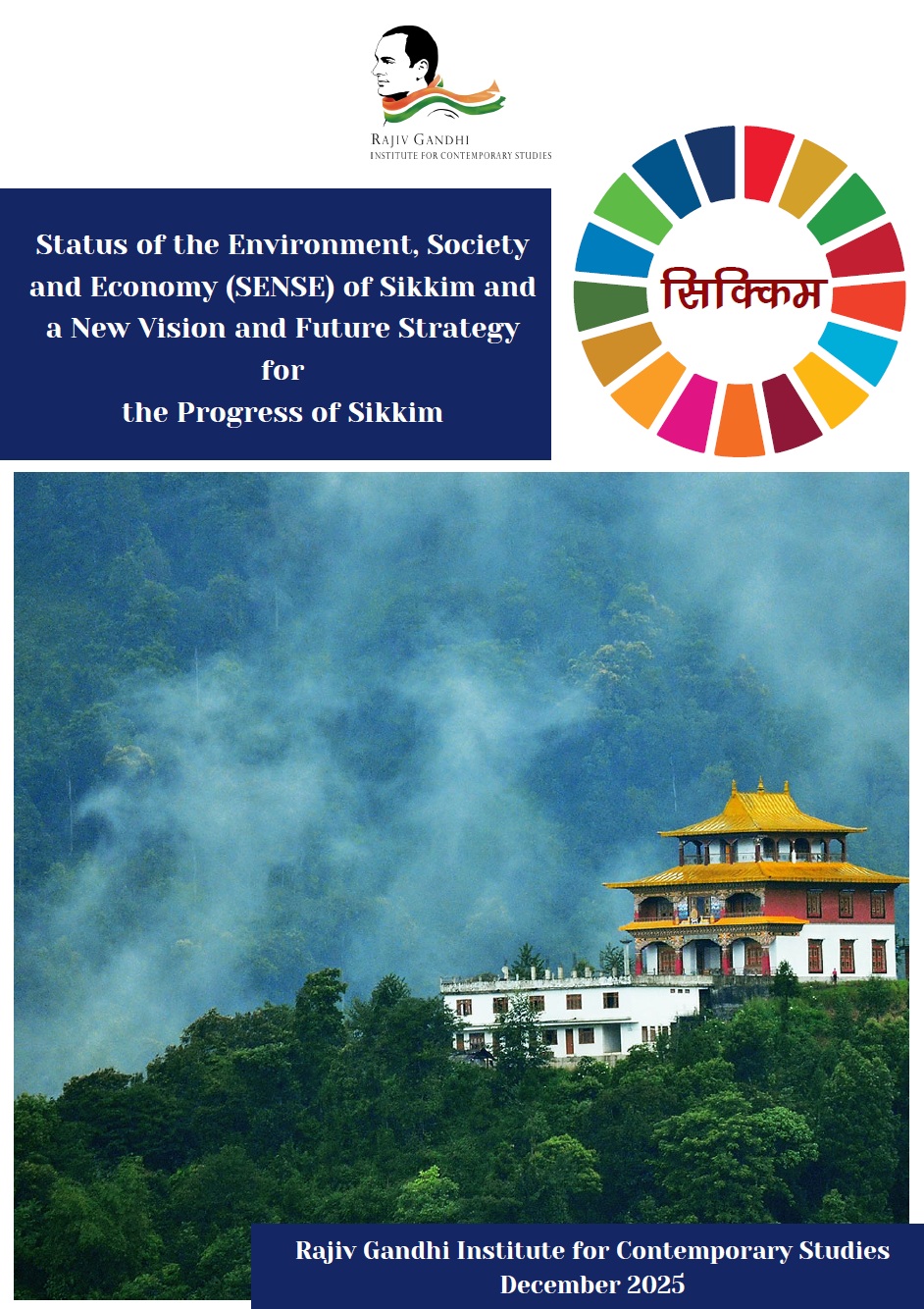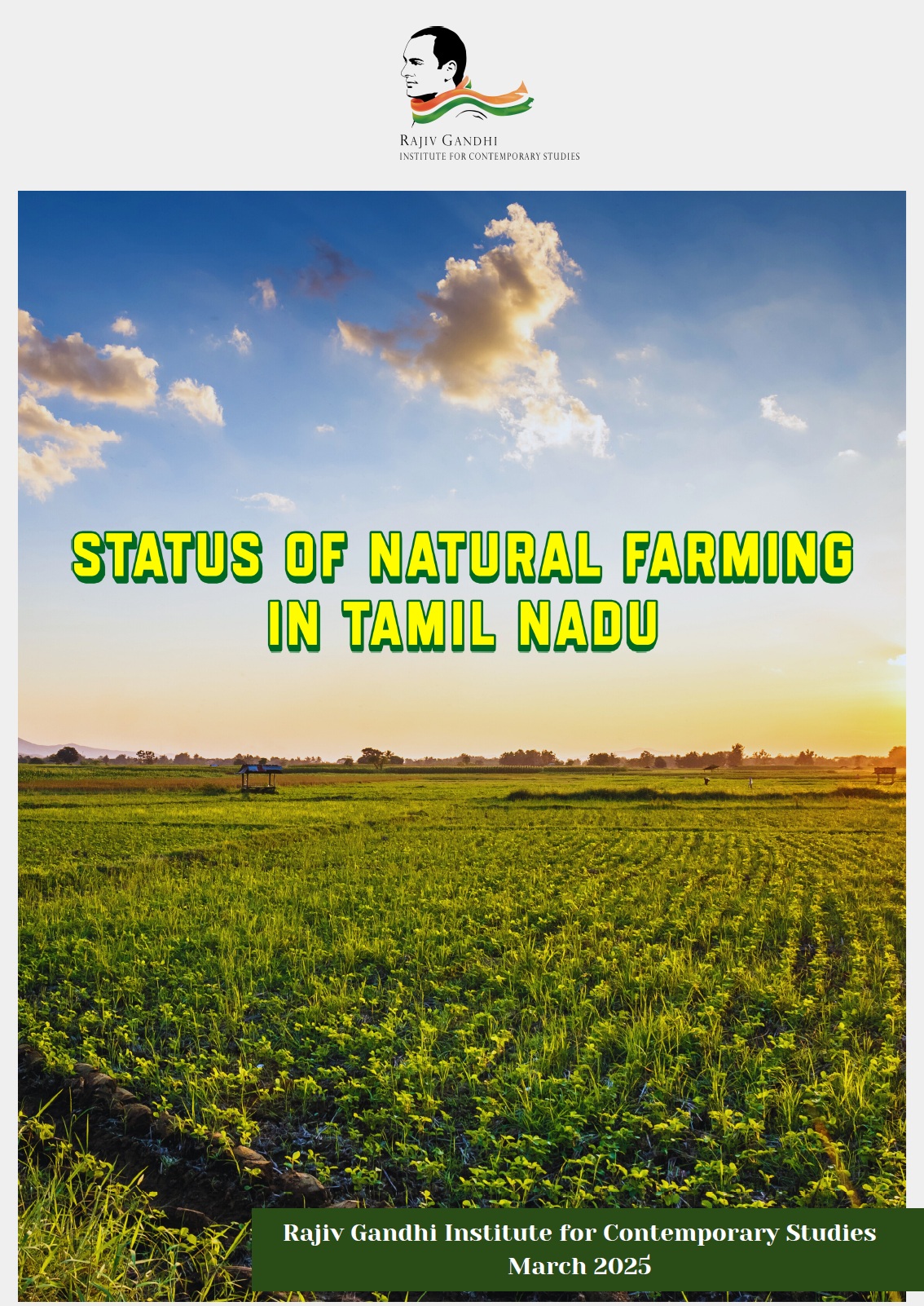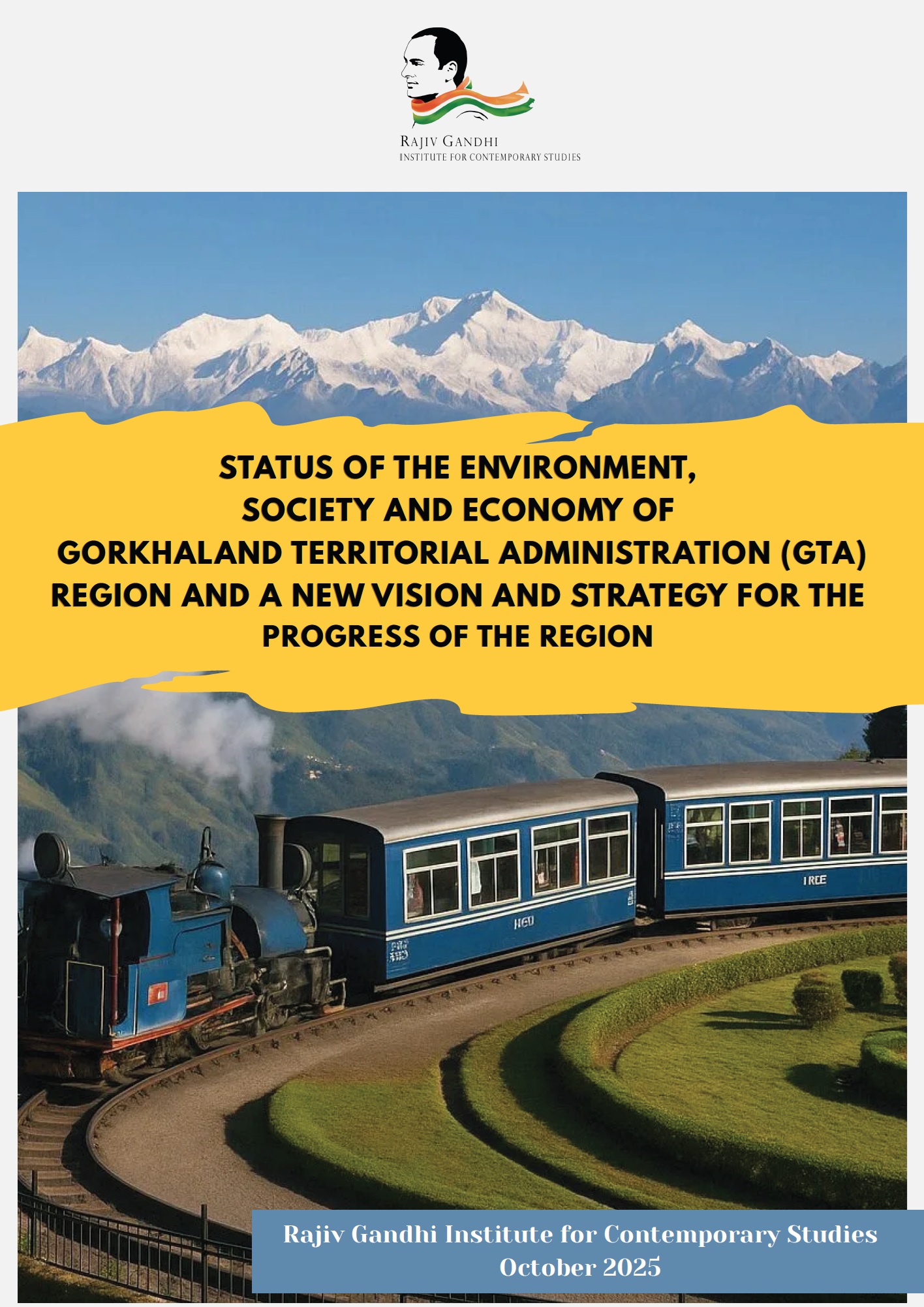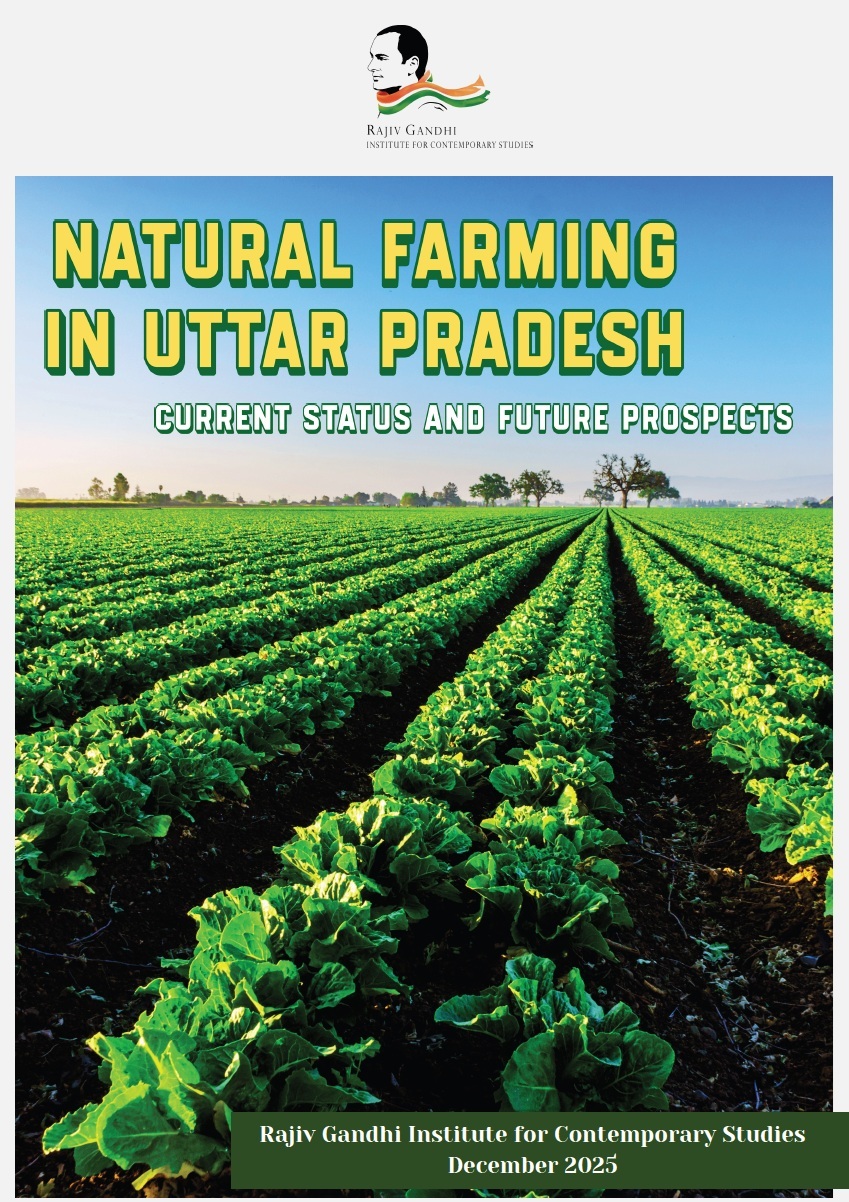This edition of Policy Watch explores India’s evolving global role, focusing on its leadership in the G-20 and SCO, as well as its strategic engagements in the Quad and I2U2 (“New Quad”).
G-20 Presidency: India assumed the G-20 Presidency in December 2022, prioritizing sustainable growth, SDGs, climate action (LiFE), digital infrastructure, multilateral reforms, and women’s empowerment. Challenges include post-pandemic recovery, debt distress, food-energy security, and geopolitical instability. The G-20 operates via the Finance Track (8 work streams), Sherpa Track (12 work streams), and 10 Engagement Groups (civil society/private sector). Over 200 meetings are planned across India.
SCO Leadership: India also took over the SCO Presidency in September 2022. While the China-centric SCO promotes initiatives like the Belt and Road, India aims to leverage its ties with Russia, Iran, and Central Asia to counterbalance the China-Pakistan axis, focusing on counterterrorism and curbing drug trafficking.
Quad’s Expanding Role: India is broadening the Quad’s (US, Japan, Australia, India) agenda beyond security to include climate change and open membership, advocating for a comprehensive Indo-Pacific stability framework.
I2U2 (“New Quad”): Comprising India, Israel, the UAE, and the US, this group addresses Western Indian Ocean security amid growing Chinese influence. India and the US are strengthening naval cooperation to shape regional order.
Critique of Diplomacy: Former diplomat Vivek Katju criticizes EAM Jaishankar’s UN speech for breaking tradition by airing domestic political differences, marking a shift in India’s diplomatic approach.
Overall, the issue highlights India’s proactive multilateral engagements, balancing strategic autonomy with global leadership aspirations amid complex geopolitical challenges.
Policy Watch: India's Place in the World – November 2022
Send download link to:


